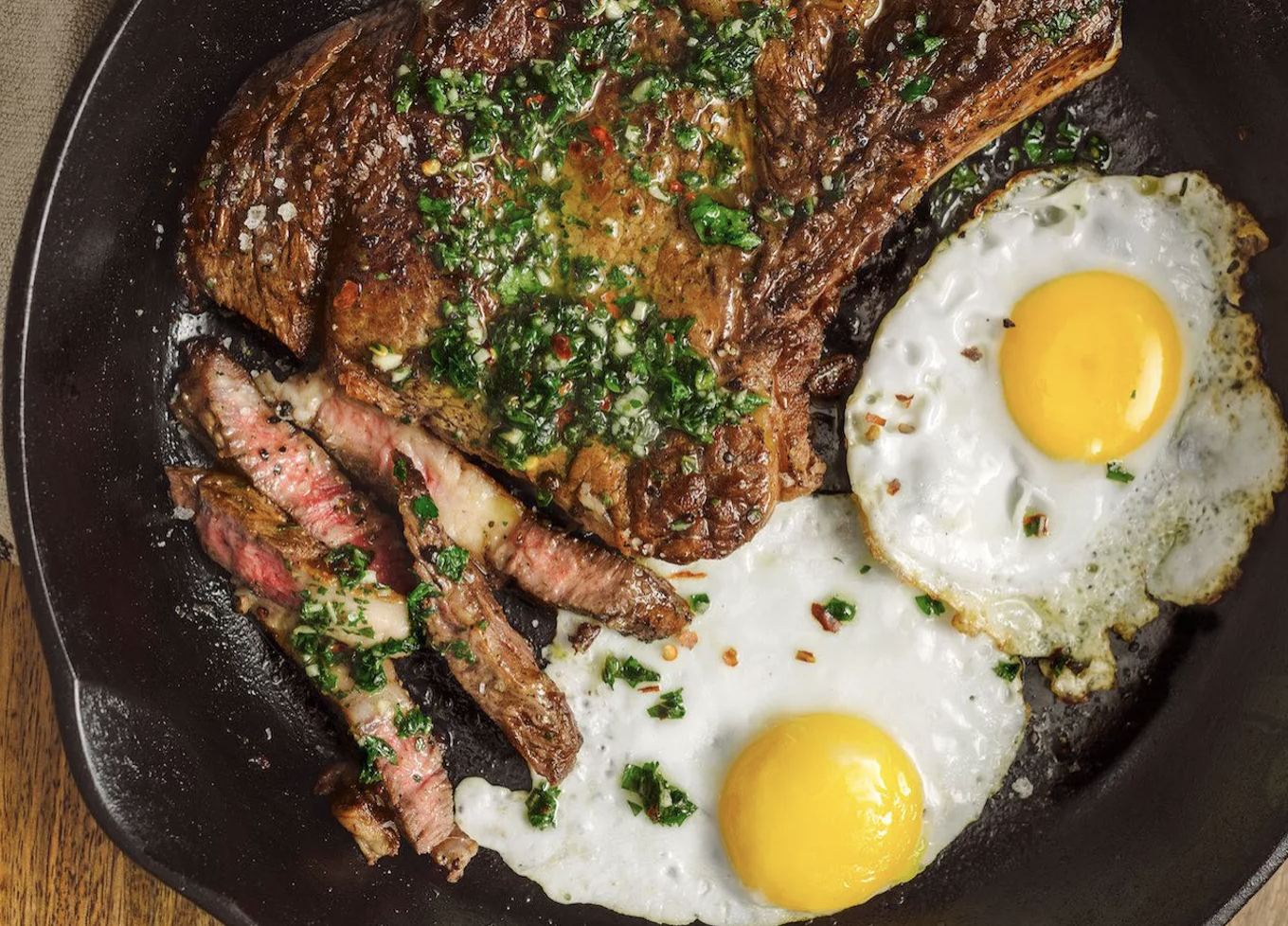Let’s jump right into the red, meaty heart of the matter! Today we’re talking about a diet that would make Fred Flintstone blush and would silence your vegan friends faster than you can say “Bring on the beef!” Enter the carnivore diet. Stemming from a place in nutrition philosophy where bread is considered a dirty word, this diet’s meal plan breaks less bread and more… well, bones.
What exactly is the Carnivore Diet?
No, it’s not a secret club for T-Rex wannabes. The carnivore diet is a dietary regimen where you primarily eat meat and animal products and purposefully avoid plant-based food. Yes, salads, we’re looking at you. But brace yourselves veggies; you won’t find any ‘rabbit food’ on the carnivore diet menu!
What’s on the menu?
Think of animals. All the animals. And then chew on this – every single part of them is fair game in the carnivore diet. Beef, chicken, fish, pork, lamb, organ meats – you mention it, and it probably stars as a top-notch menu item. Dairy is also included, but in moderation. Carnivores also gulp down bone broth, but be warned, plant-based beverages like tea and coffee are debated in the strictly carnivore circles. And don’t get us started on the controversy surrounding seasonings…
The meaty benefits
Carnivores argue that their potent and protein-laden menu has various health benefits. From weight loss to improved blood sugar regulation, lowered inflammation, and even mood enhancement. They claim that focusing on a meat and fat-based diet simplifies eating and reduces those late-night snack attacks. Hey, it’s hard to eat carrots when you’re swimming in steak!
The counter-argument
Nevertheless, not everyone is so quick to follow this bull into the dietary china shop. Critics of the carnivore diet fear that excluding an entire kingdom of food – looking at you, plants – can lead to nutrient deficiencies and potential long-term health implications. Moreover, the consensus amongst dietitians regarding the benefits of a high fiber diet adds another layer of complexity and anxiety about turning carnivorous.
To meat or not to meat?
There’s something vaguely Shakespearean about the carnivore debate. Entire communities have sprung up online, sharing anecdotes, success stories, and the occasional humorous meme about broccoli. Proclaimed health gurus and interested beginners alike engage in friendly, or at times heated, exchanges about the merits and drawbacks of the all-meat diet.
A carnivorous conclusion
So, could the carnivore diet be a carnivorous conundrum or a protein paradise? Like many aspects of nutrition, it’s complicated… and personal. What works for one body can wreak havoc on another. Ultimately, the carnivore diet is a dietary choice that, like any other dietary regimen, should be pursued with both educated discretion and medical advice.
The carnivore diet lures with its unconventional, restriction-packed allure and promised health benefits. However, remember the nutritional game isn’t about quick, drastic transformations but about sustainable, long-term wellness. To paraphrase a well-worn cliché, don’t bite off more meat than you can chew!
A Final Word
If you’re considering embarking on the meaty adventure that is the carnivore diet, arm yourself with knowledge and a dose of critical thinking. It’s important to balance the raving reviews and enthusiastic hashtags with solid, research-based evidence, and perhaps a consultation with a renowned T-Rex.
